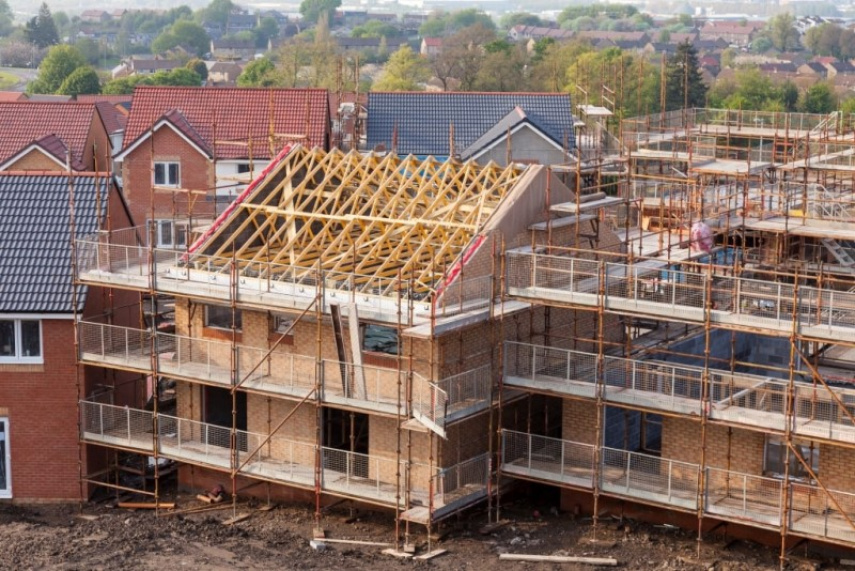
Planning for the long term public interest
Shona Glenn
Shona Glenn, Head of Policy and Research, looks at the role of planning and the National Planning Framework (NFP 4) in delivering the high quality places that are fundamental to our wellbeing. This is based on the Scottish Land Commission’s submission to the Scottish Government’s ‘call for ideas’.
The ongoing public health crisis has brought into sharp focus a number of issues around housing and development in Scotland, that have profound consequences for human wellbeing.
The sudden shift to home working may never be fully reversed and could mark a turning point for rural communities struggling with depopulation due to a lack of affordable housing.
Never has urban green space been more important or its absence – in homes without accessible or useable outdoor space – been so keenly felt.
The lockdown has exposed the fragility of urban food supply systems in a way most people never imagined and stimulated a renewed interest in allotments and community growing.
Coupled with the ongoing need to maintain social distancing, surely it’s high time for a radical rethink of the use of public space in towns and cities.
Our submission to the ‘call for ideas’ for the next National Planning Framework (NFP 4), recognises that market forces alone cannot and will not deliver the high quality places that are so fundamental to human wellbeing because what is economically rational does not necessarily best serve the public interest.
Left to its own devices ‘the market’ will naturally seek to minimise risks and maximise returns. The spatial manifestation of this is a persistent legacy of post-industrial dereliction in Scotland’s most deprived communities, a population-sapping lack of affordable housing in our most fragile rural communities and the spread of suburbs around our towns and cities.
Our submission synthesises the most relevant ideas from the Land Commission’s recent work and joins these ideas together, while arguing that for development to deliver public benefit, the state needs to play a much more proactive role both in planning and delivery.
Public Interest Led Development recognises that fundamentally the purpose of planning, as set out in the Planning (Scotland) Act, is to “manage the development and use of land in the long term public interest”.
This shares much in common with our vision of a “fair, inclusive and productive system of ownership, management and use of land that delivers greater benefit for all Scotland’s people”.
The societal benefits of a shift towards ‘public interest led development’ could be huge but not inevitable and are unlikely to be delivered by a return to business as usual.
As Scotland starts to emerge from lockdown and in the post Covid-19 world, there will be a need to radically rethink the role of the state in major development.
This is not to imply a reduced role for private enterprise, but rather the need for the public sector to adopt a more proactive approach and a greater willingness to share in the risks and rewards of development.
The planning system is in a unique position to lead change and NPF4 is an important opportunity to start embedding the shift that’s required, in policy and practice.
